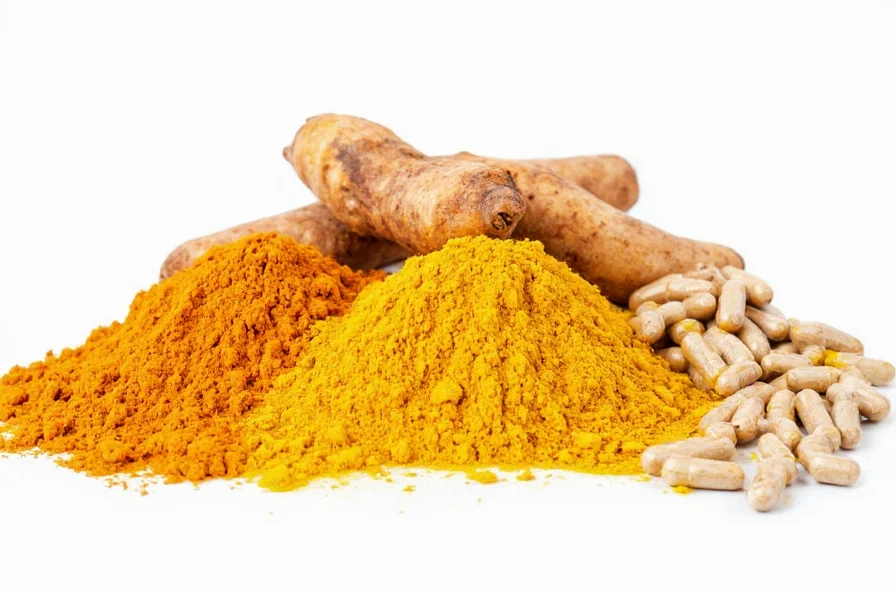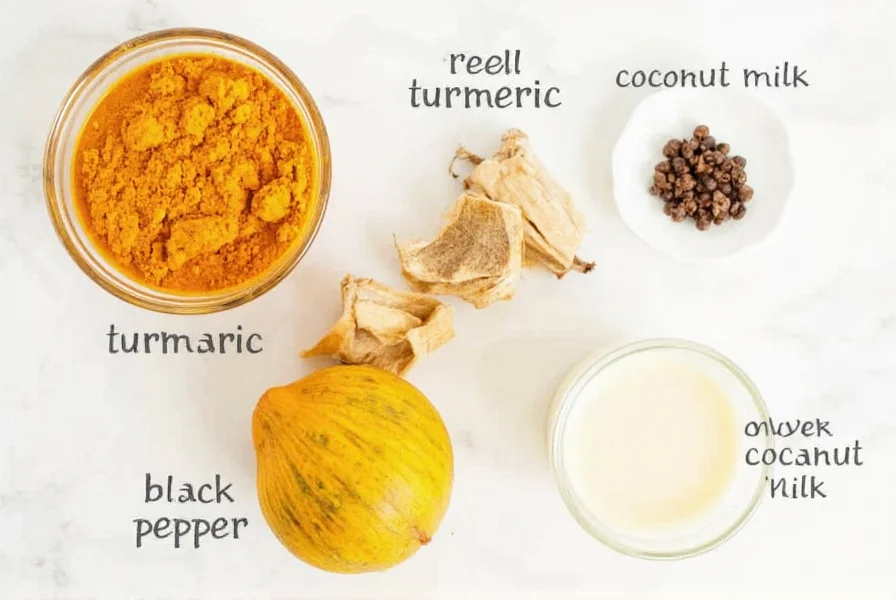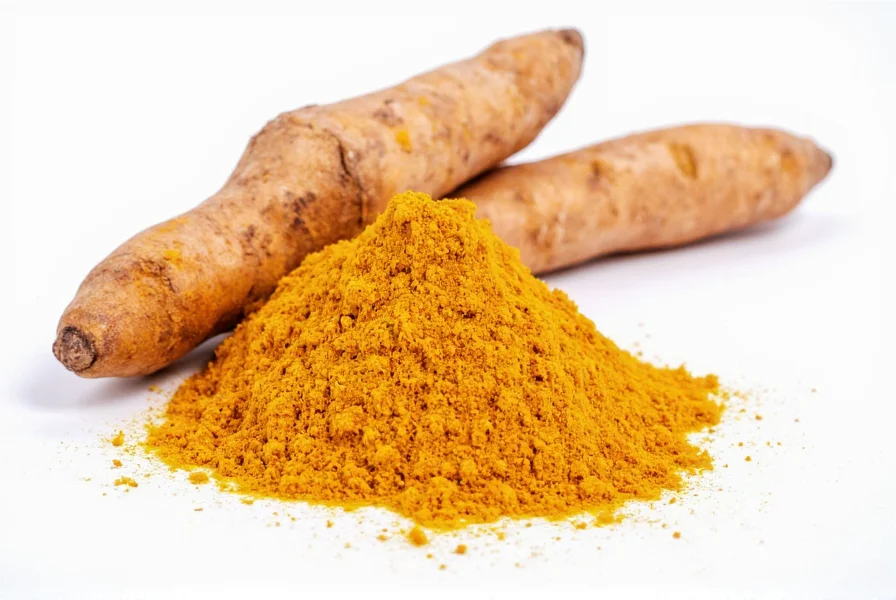The recommended daily turmeric dosage for adults is 500-2,000 mg of curcumin (the active compound), typically divided into 2-3 doses. For powdered turmeric, 1-3 grams (½-1½ teaspoons) daily is considered safe for most people. Always consult your healthcare provider before starting supplementation, especially if taking medications or managing health conditions.
When exploring how much turmeric should you take for optimal health benefits, it's essential to understand both the science-backed recommendations and individual considerations. Turmeric, particularly its active compound curcumin, has gained significant attention for its anti-inflammatory and antioxidant properties. However, determining the right dosage requires understanding different forms, health goals, and safety parameters.
Understanding Turmeric Forms and Their Potency
Turmeric appears in various forms, each with different curcumin concentrations. Raw turmeric root contains only about 2-8% curcumin by weight, while standardized extracts can contain 95% curcumin. This dramatic difference significantly impacts how much turmeric powder to take versus supplements.
| Form of Turmeric | Curcumin Content | Typical Daily Dosage |
|---|---|---|
| Raw turmeric root | 2-8% | 3-9 grams |
| Dried turmeric powder | 3-5% | 1-3 grams (½-1½ tsp) |
| Standardized curcumin extract | 70-95% | 400-600 mg, 2-3 times daily |
| Enhanced absorption formula | Varies with technology | As directed (often lower doses) |
Evidence-Based Dosage Recommendations by Health Goal
Research suggests different optimal turmeric dosage for specific conditions. These recommendations come from clinical studies and should be discussed with your healthcare provider:
- General wellness and prevention: 500-1,000 mg of curcumin daily, preferably with black pepper extract (piperine) to enhance absorption
- Joint health and arthritis: 1,000 mg of standardized curcumin extract twice daily has shown significant benefits in multiple studies
- Post-exercise recovery: 500 mg taken before and after exercise may reduce inflammation and muscle soreness
- Digestive support: 1.5-3 grams of turmeric powder daily in food or as tea
- Cognitive health: Studies typically use 80-500 mg of highly bioavailable curcumin formulations daily

Safety Considerations and Maximum Limits
While turmeric is generally safe when consumed in culinary amounts, higher therapeutic doses require careful consideration. The maximum safe turmeric dosage varies based on individual factors:
- The European Food Safety Authority established an Acceptable Daily Intake (ADI) of 0-3 mg per kilogram of body weight for curcumin
- Most clinical trials use doses up to 8,000 mg of curcumin daily without serious side effects, though this exceeds typical recommendations
- Long-term use of high doses (above 1,200 mg curcumin daily) may cause gastrointestinal discomfort in some individuals
- Turmeric may interact with blood thinners, diabetes medications, and certain chemotherapy drugs
Enhancing Turmeric Absorption
One critical factor often overlooked when determining how much turmeric to consume daily is bioavailability. Curcumin has notoriously poor absorption on its own. Consider these evidence-based strategies:
- Fat combination: Consume turmeric with healthy fats (coconut oil, olive oil, avocado) as curcumin is fat-soluble
- Piperine inclusion: Black pepper extract (piperine) can increase curcumin absorption by up to 2,000%
- Heat activation: Gentle cooking (below 300°F/150°C) can improve bioavailability without degrading curcumin
- Phospholipid formulations: Some supplements use phospholipid delivery systems for significantly enhanced absorption

When to Consult a Healthcare Professional
Determining the right turmeric dosage for your specific needs requires professional guidance if you:
- Take blood thinning medications (warfarin, aspirin, etc.)
- Have gallbladder issues or are prone to kidney stones
- Are pregnant or breastfeeding
- Have diabetes or take medications that lower blood sugar
- Are scheduled for surgery within the next two weeks
- Experience persistent gastrointestinal symptoms
Quality Matters: Selecting Effective Turmeric Products
Not all turmeric supplements deliver what they promise. When evaluating how much turmeric supplement to take, consider these quality factors:
- Third-party testing: Look for products verified by USP, NSF, or ConsumerLab
- Curcumin concentration: Standardized extracts should specify the percentage
- Additives for absorption: Piperine, lipids, or other bioavailability enhancers
- Purity testing: Products should be tested for heavy metals and contaminants
- Transparent labeling: Clear information about serving size and active ingredients
Practical Daily Integration Tips
For those wondering how much turmeric to add to food daily, here are practical suggestions:
- Add ½-1 teaspoon of turmeric powder to morning smoothies
- Use 1 teaspoon in salad dressings with olive oil and black pepper
- Incorporate 1-2 teaspoons into soups, stews, or curries
- Prepare golden milk with ½-1 teaspoon turmeric, black pepper, and coconut milk
- Take supplements with your largest meal of the day for better absorption
Monitoring Your Response
When starting turmeric supplementation, track your experience to determine your ideal personal turmeric dosage. Keep a simple journal noting:
- Dosage and timing of consumption
- Any changes in symptoms or well-being
- Potential side effects (digestive changes, etc.)
- Interactions with medications or other supplements
Adjust your dosage gradually based on your observations, always staying within recommended safety limits. Remember that benefits may take 4-8 weeks to become noticeable with consistent use.











 浙公网安备
33010002000092号
浙公网安备
33010002000092号 浙B2-20120091-4
浙B2-20120091-4